Coping Strategies and Tips for Success.
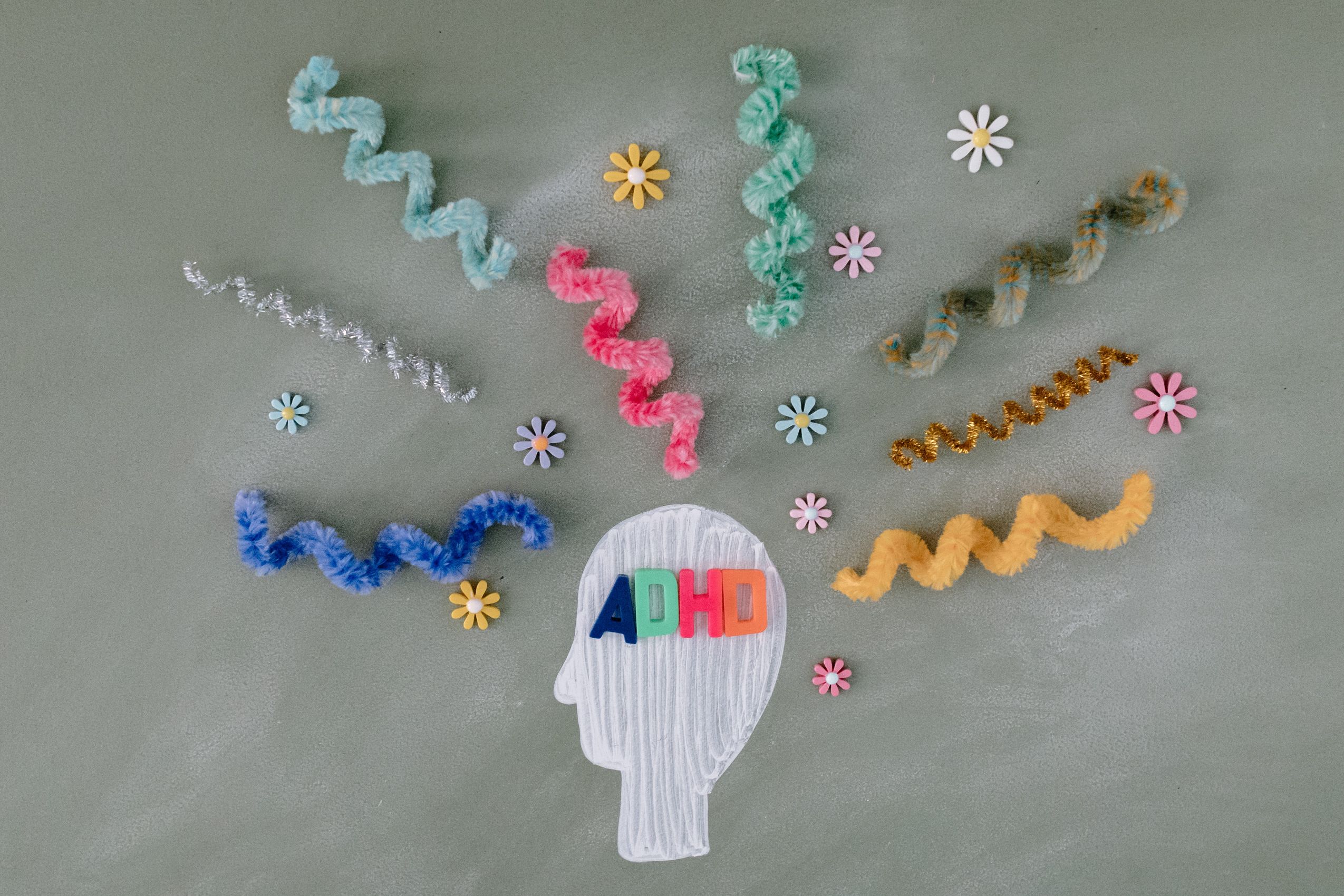
Millions of people worldwide are afflicted by attention-deficit/hyperactivity disorder (ADHD), a neurodevelopmental condition. It is characterized by signs including impulsivity, hyperactivity, and inattentiveness. ADHD is frequently identified in children, but it can linger into adults as well. We’ll focus on the signs, causes, and diagnosis of ADHD in this part.
Symptoms of ADHD.
- Inability to pay attention, propensity for distraction, and forgetfulness.
- Hyperactivity: fidgeting, restlessness, and a constant need to move around.
- Impulsivity: failing to think things through, interfering with others, and having trouble waiting turns.
- A mix of the aforementioned.
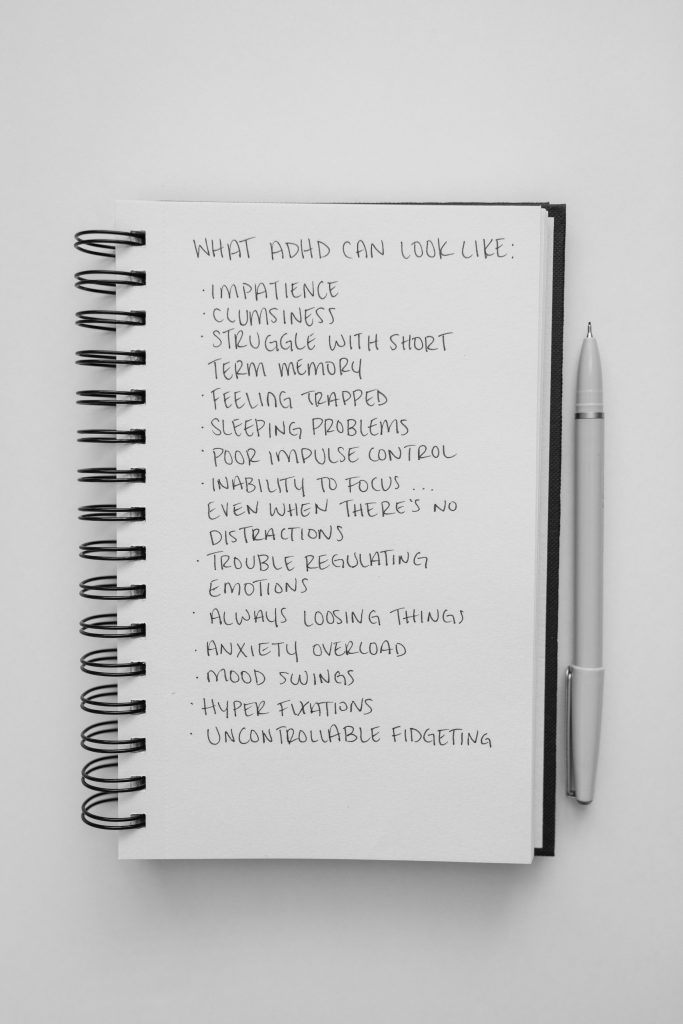
Causes of ADHD.
- Genetics: ADHD tends to run in families
- Brain chemistry and structure: Differences in brain structure and chemical imbalances have been observed in individuals with ADHD
- Environmental factors: Premature birth, low birth weight, exposure to toxins, and traumatic brain injury can increase the risk of developing ADHD.
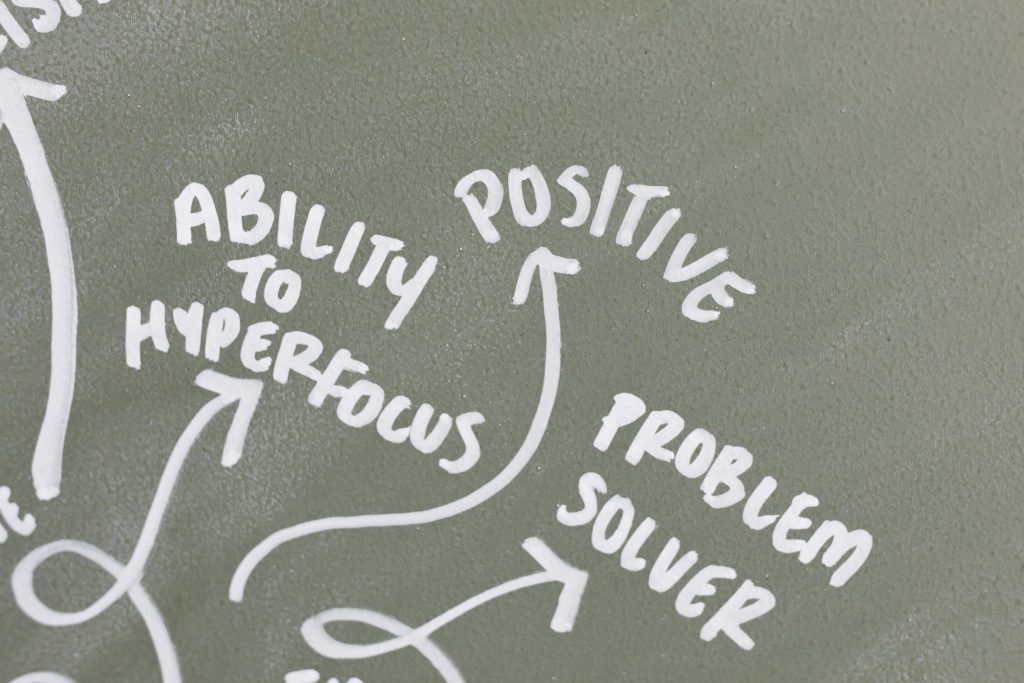
Diagnosis of ADHD
- For ADHD, there is no one test.
- The typical basis for diagnosis is the symptoms and how they affect day-to-day functioning.
- To exclude other possible causes of symptoms, a healthcare practitioner must perform a thorough evaluation.
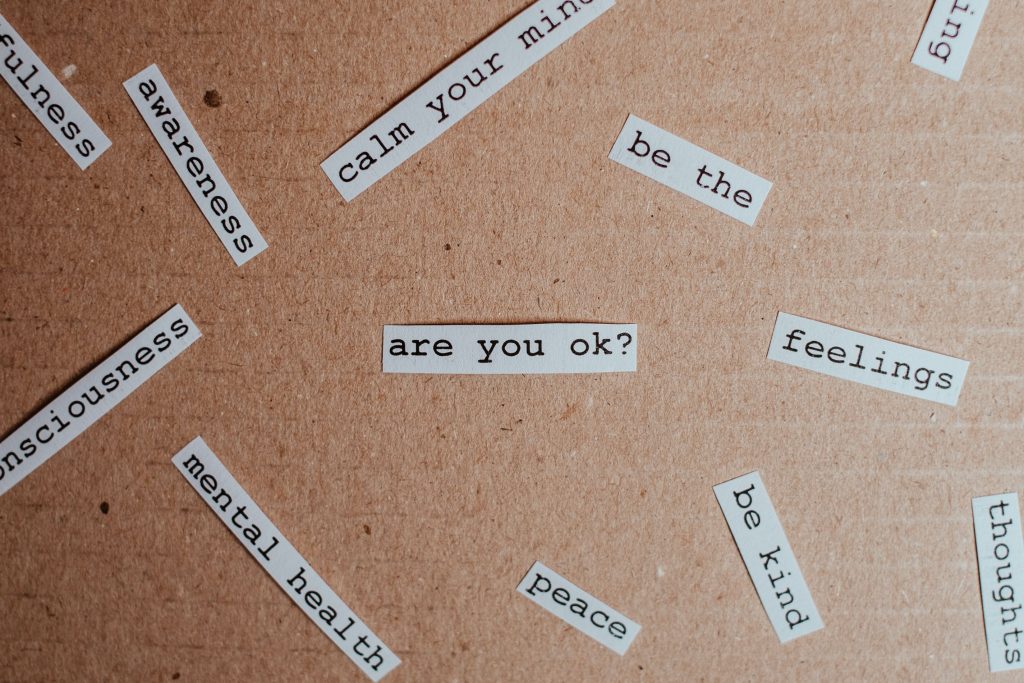
Managing ADHD: Treatment Options and Coping Strategies.
Despite the fact that there is no cure for ADHD, there are effective management techniques that can help with symptoms and quality of life. We’ll look into a few of these choices in this section.
Treatment Options.
- Medication: ADHD symptoms can be improved with both stimulant and non-stimulant drugs.
- Therapy: Individuals with ADHD can develop coping mechanisms and enhance functioning with the aid of behavioral treatment, cognitive-behavioral therapy, and social skills instruction.
- Changes in lifestyle: Regular exercise, a balanced diet, and sufficient sleep can help reduce the symptoms of ADHD..https://www.nimh.nih.gov/health/topics/attention-deficit-hyperactivity-disorder-adhd/index.shtml
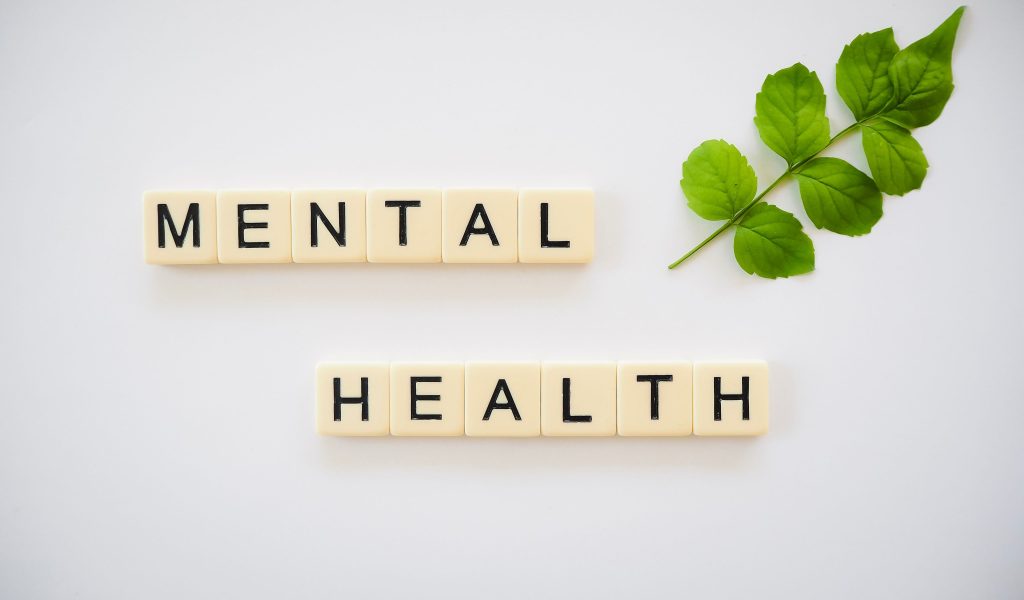
Coping Strategies.
- Time management:Utilizing timers and breaking things into smaller, more manageable portions can help people with ADHD stay on task.
Organization: Establishing routines, using a planner, and maintaining a clean living environment can all assist to cut down on distractions and increase focus. - Mindfulness:Meditation and deep breathing exercises can help quiet the mind and lessen impulsivity. https://www.cdc.gov/ncbddd/adhd/facts.html
Living with ADHD: Tips for Success.
Having ADHD might bring particular difficulties, but with the correct coping mechanisms and assistance, people with ADHD can live successful and satisfying lives. Here are a few success suggestions:
- Learn about ADHD for both yourself and others.
- Consult with loved ones, close friends, and medical personnel for assistance.
- Create a reliable support system.
- Consider your personal assets and passions.
- Honor your accomplishments, no matter how modest..https://chadd.org/
Conclusion.
A person’s entire life can be impacted by ADHD, a complex disorder. With the appropriate support and coping mechanisms in place, people with ADHD can enjoy successful and satisfying lives despite the particular problems it poses. It’s critical to get a medical professional’s assessment if you suspect that you or a loved one may have ADHD. People with ADHD can thrive with proper diagnosis and treatment..https://www.additudemag.com/


Pingback: Navigating the Challenges of Dating with ADHD. - Purebliss mentalcare.org
Pingback: Uncommon Habits That May Be Symptoms of ADHD - Purebliss mentalcare.org